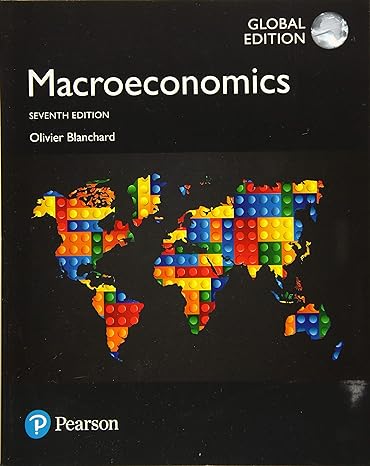The exit strategy problem in fighting the recession associated with the crisis, taxes were cut, and government
Question:
The "exit strategy" problem in fighting the recession associated with the crisis, taxes were cut, and government spending was increased. The result was a large government deficit. To reduce that deficit, taxes must be increased, or government spending must be cut. This is the "exit strategy" from the large deficit.
a. How will be reducing the deficit in either way affect the equilibrium level of output in the short run?
b. Which will change equilibrium output more: (i) cutting \(G\) by \(\$ 100\) billion (ii) raising \(T\) by \(\$ 100\) billion?
c. How does your answer to part (b) depend on the value of the marginal propensity to consume?
d. You hear the argument that a reduction in the deficit will increase consumer and business confidence and thus reduce the decline in output that would otherwise occur with deficit reduction. Is this argument valid?
Step by Step Answer:






